Category : Students
Feb 8, 2024 | Community, News, Students
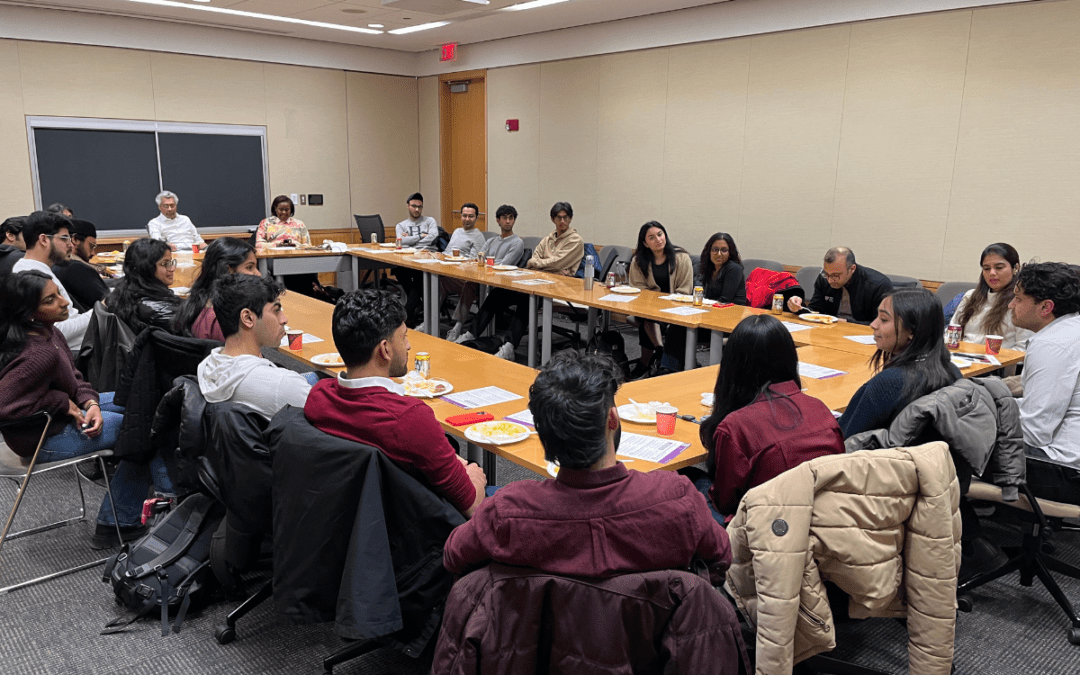
This week, the Mittal Institute along with the Department of South Asian Studies gathered over 20 representatives from the many (and growing!) South Asian student groups at Harvard to discuss how to strengthen ties and develop new collaborations.
Feb 7, 2024 | India, News, Students
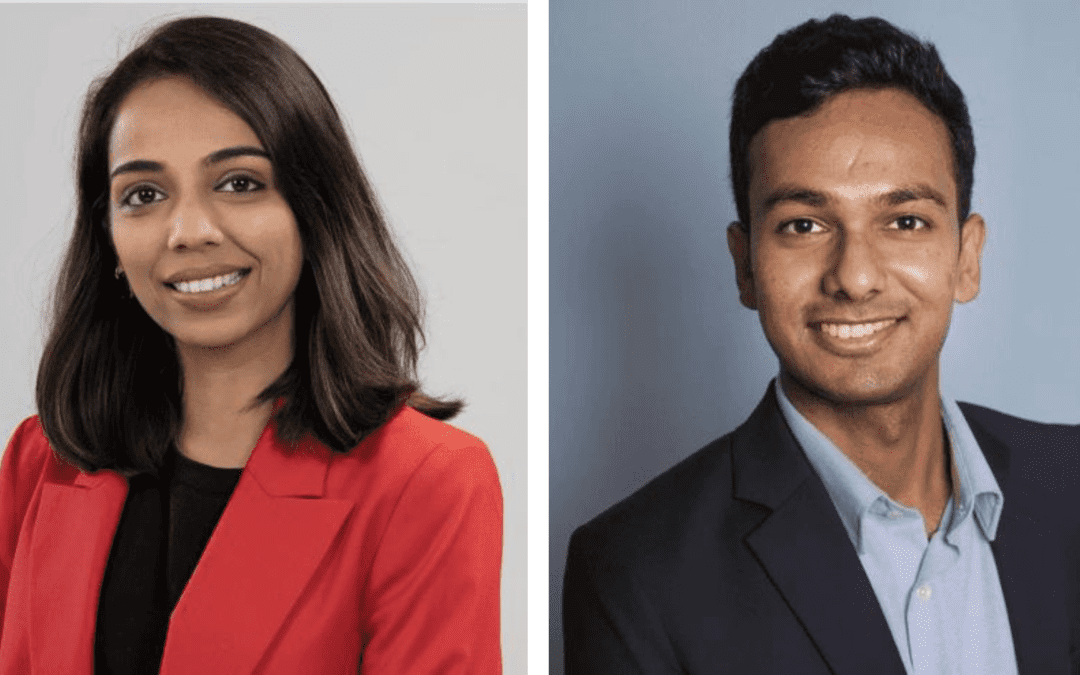
The annual student-led India Conference at Harvard returns to campus for its 21st year on February 17 and 18, with experts from various sectors including business, economy and culture offering insight into India’s current landscape and future. We spoke to two of the four co-organizers, Ananya Chhaochharia (Harvard Kennedy School) and Ishaan Poddar (Harvard Business School) to understand the goals of the conference, and unpack this year’s theme, “India Rising.”
Jan 11, 2024 | News, Students

Harvard offers a wide array of courses on South Asia, ranging from language to history, politics, economics, religion, and much more. Check out a selection of what is offered during Spring 2024. Please refer to the Course Catalog for the most up-to-date information....
Nov 28, 2023 | Faculty, India, News, Students
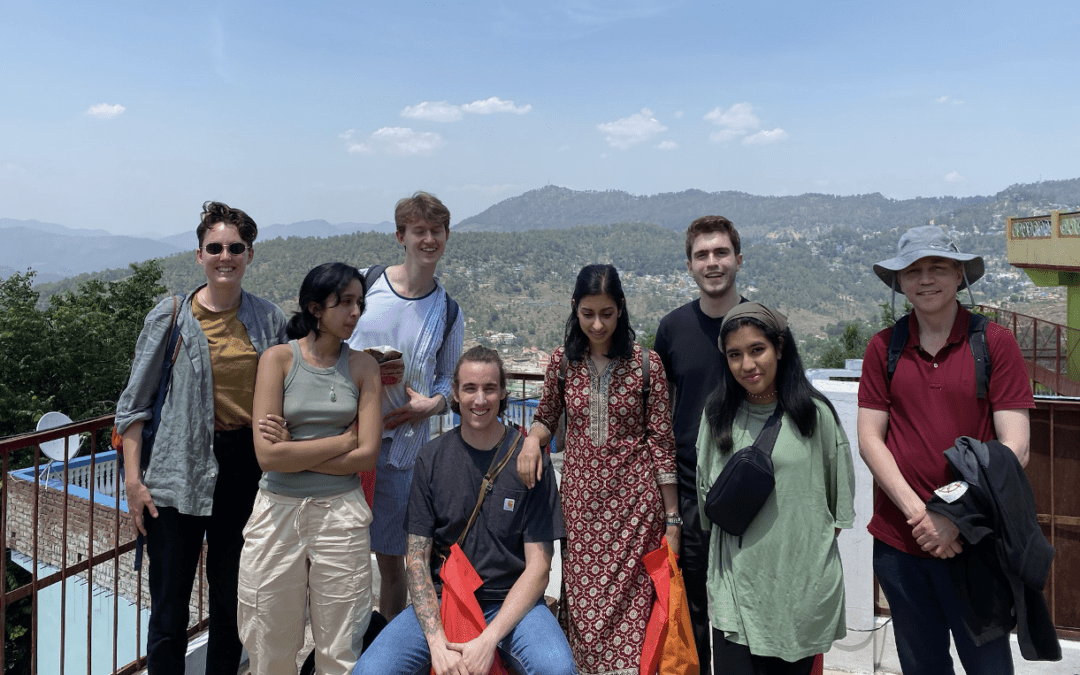
This past May, Richard Delacy, Preceptor of Hindi-Urdu, Department of South Asian Studies, Harvard University trekked the foothills of the Himalayas, where he and students from his Hindi-Urdu language class were immersed in an intensive language-learning experience....
Nov 28, 2023 | Community, Faculty, News, Students
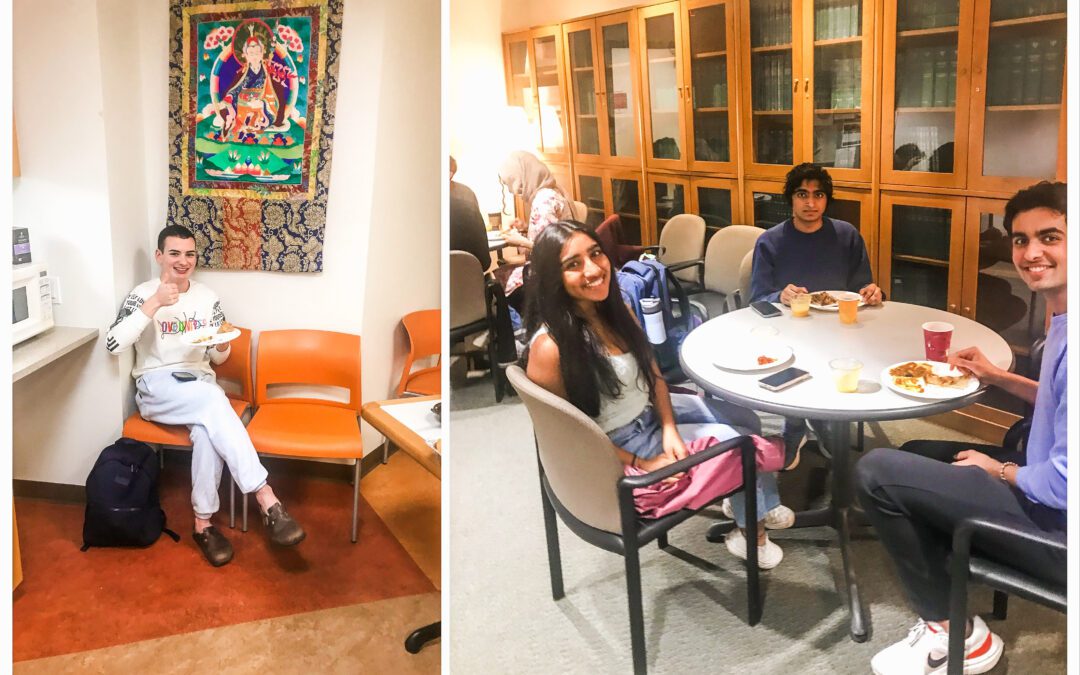
Our undergraduate intern, Samaga Pokharel ’26, reports on one of Harvard’s beloved traditions: the Weekly Friday Tea. She gave us her own account of the delicious chai and lassi served each week, where attendees gather to connect over cuisine about all...
Nov 14, 2023 | India, News, Students

The Program for Scientifically-Inspired Leadership, funded in part and administered by the Mittal Institute, pairs Harvard undergraduates and Osmania university students with high school students from public high schools in Telangana for a cross-cultural learning experience built on the scientific process and focused on the liberal arts and sciences philosophy. By interacting together, all three groups gain a deeper understanding of teaching and learning. The program is the brainchild of Dominic Mao, Assistant Director of Undergraduate Studies for two of Harvard’s life science concentrations and a lecturer in the Department of Molecular and Cellular Biology at Harvard. We spoke with him for more on the program, and what the teacher/student interaction is like.
Nov 7, 2023 | Announcements, News, Students
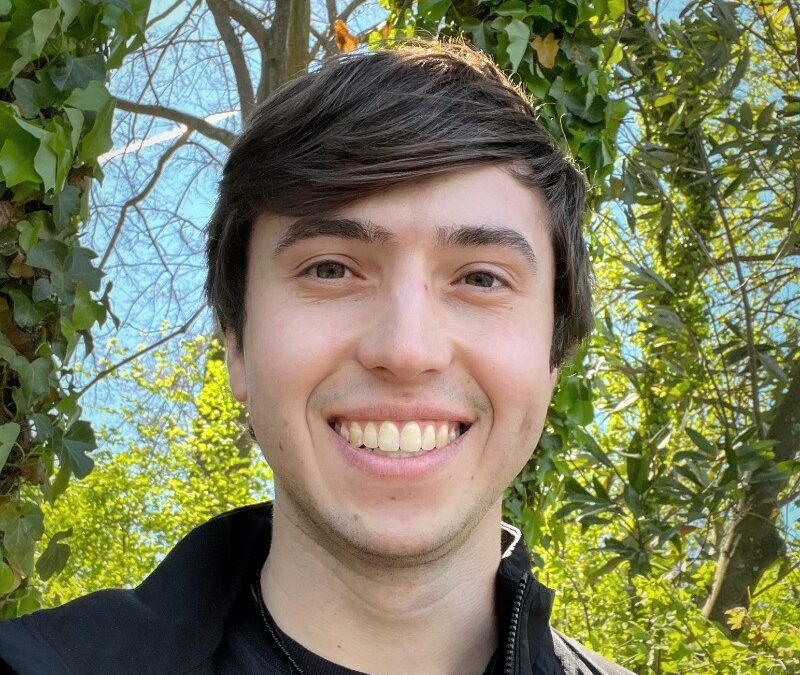
Chase Van Amburg ‘24, an Integrative Biology concentrator who is also earning a concurrent Master’s degree in Applied Math, specializes in data science with a focus on climate change. This summer he received a grant from the Mittal Institute to begin work on “Mapping Heat in Microenvironments,” and he gave us a glimpse into the essence of his project.
Oct 3, 2023 | India, News, Students
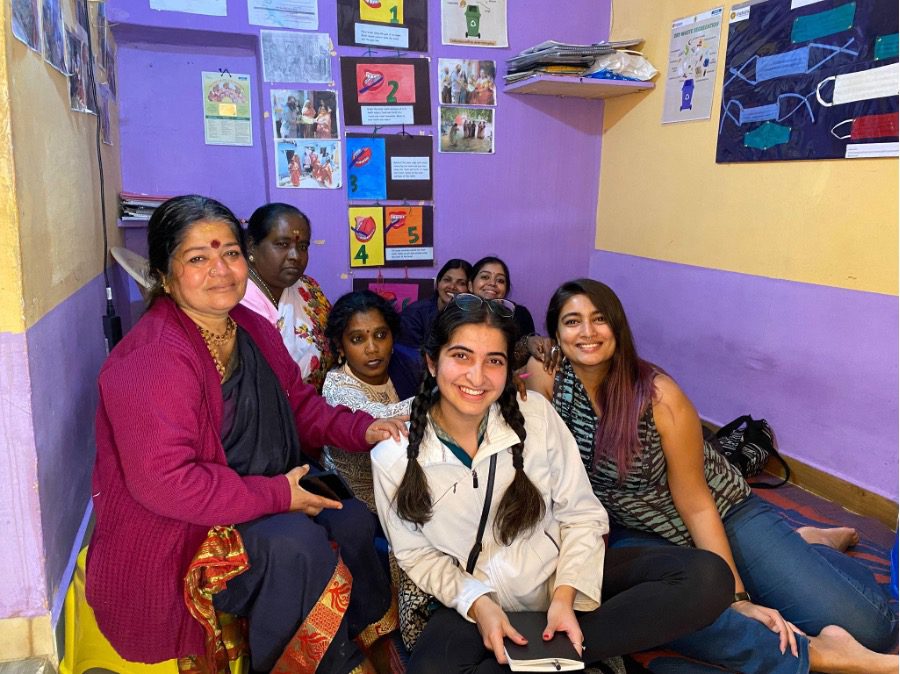
This past December, Alvira Tyagi ’25 set off for Bengaluru, India for three weeks of service in the public healthcare sector. She was awarded a Mittal Institute student grant to intern at the non-profit organization, Society for Community Health Awareness,...
Oct 3, 2023 | Community, News, Students
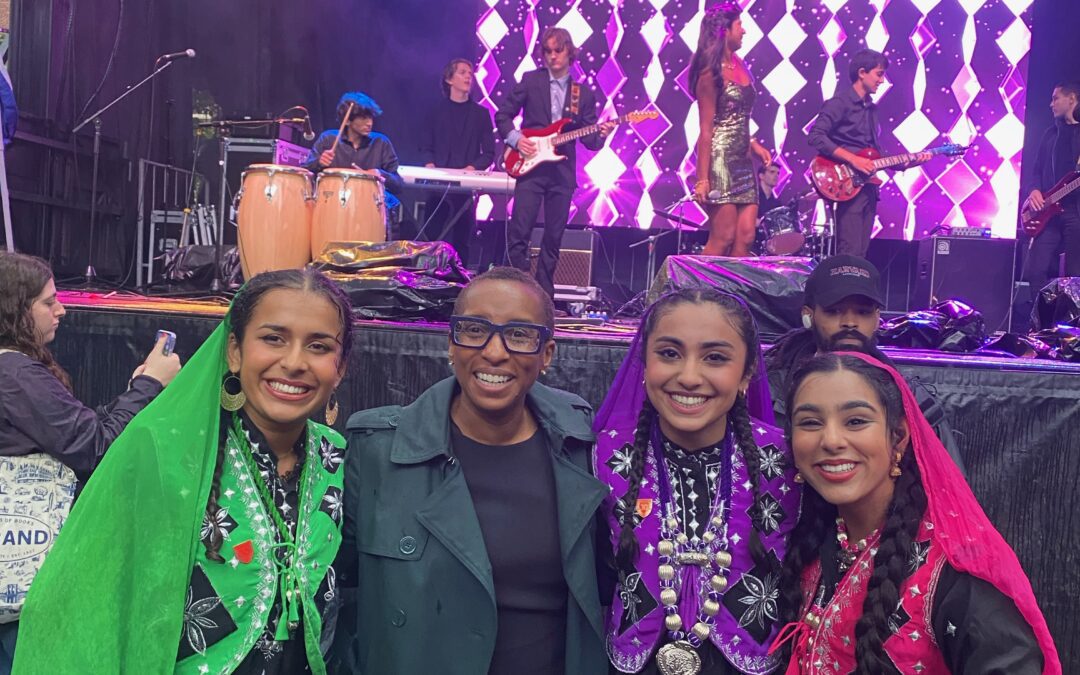
Harvard President Claudine Gay with members of the Bhangra dance team. The inauguration of Harvard’s 30th president, Claudine Gay, was a time to of celebration, marked by invocations, musical dedications, and greetings from students, faculty, staff and alumni....
Sep 5, 2023 | Graduate Student Associates, News, Students

New fellows and GSAs, clockwise from top left: Anu Antony, Pradeep Choudhury, Sarthak Agarwal, Ronak Jain, Hansong Li, Vaishnavi Patil, Akhil Thomas, Tyler Richard, Pariroo Rattan, Kartik Srivastava, Gauri Jain, Hilton Simmet, Palak Gupta, Priya Sarma, Priyanka Sethy,...
Aug 16, 2023 | News, Students

Harvard offers a wide array of courses on South Asia, ranging from language to history, politics, economics, religion, and much more. Check out a selection of what is offered during Fall 2023. Please refer to the Course Catalog for the most up-to-date information. We...
May 24, 2023 | Community, Graduate Student Associates, In Region, News, Students

Summer is on the horizon and that means it’s a great time to catch up on a book (or two or three!). We spoke with some of the Mittal Institute’s Graduate Student Associates to see what’s on their reading list and to hear more about their favorite reads.












